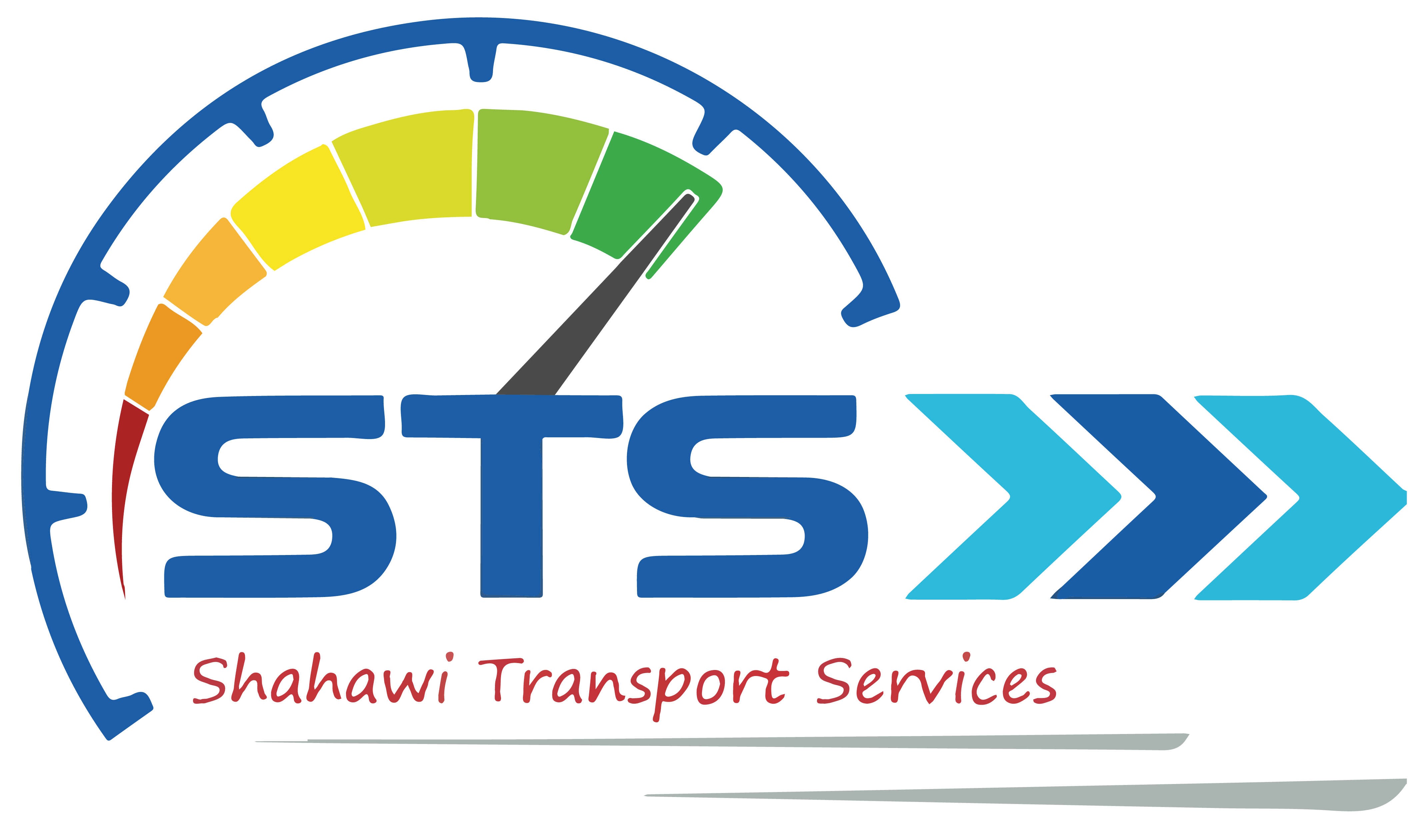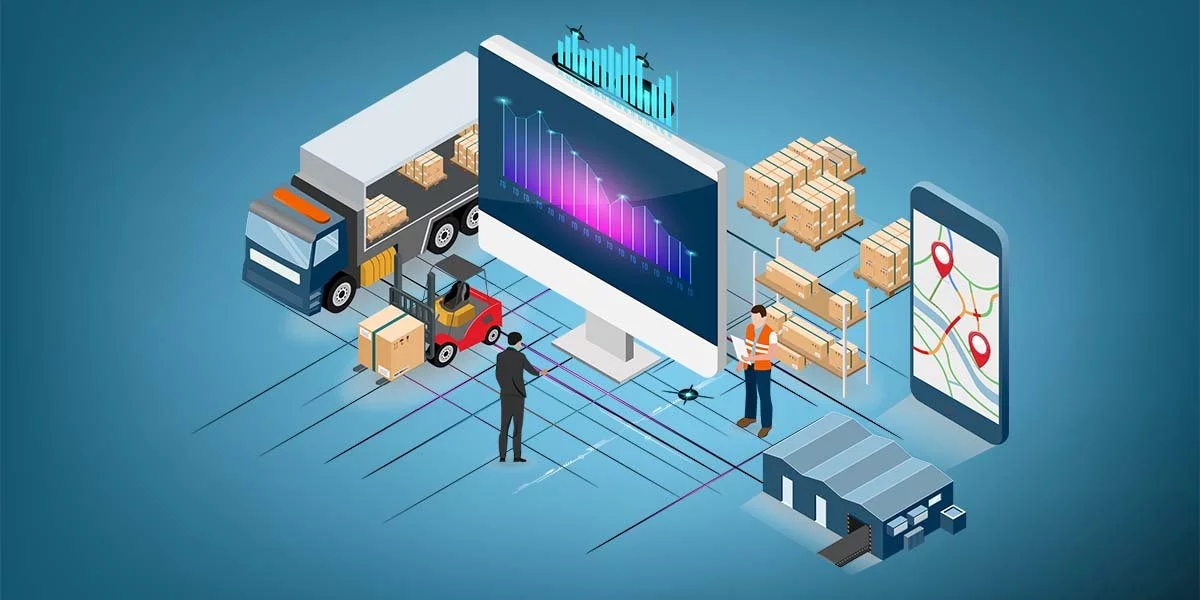In the fast-paced world of logistics, where efficiency, accuracy, and speed are paramount, technology has emerged as a game-changer. From the moment a product leaves a manufacturer to the time it reaches the hands of the end consumer, technology is revolutionizing every step of the supply chain. In this blog post, we’ll explore the profound impact of technology on logistics operations and how it’s reshaping the industry.
Real-Time Tracking and Visibility: Gone are the days of uncertainty in shipment tracking. With advanced GPS technology and robust tracking systems, logistics professionals can monitor the precise location of goods at any given moment. This real-time visibility ensures better coordination, reduces the risk of loss or theft, and allows for accurate delivery time predictions. This level of transparency builds trust between businesses and customers, a crucial aspect of modern logistics.
Data-Driven Decision Making: Big data and analytics have become indispensable tools in logistics. They enable companies to make informed decisions, optimize routes, predict demand, and manage inventory more efficiently. By analyzing historical data, logistics managers can identify patterns and trends, helping them allocate resources wisely, prevent bottlenecks, and streamline operations.
Automation and Robotics: The rise of automation and robotics has brought about significant improvements in efficiency and accuracy. Automated warehouses, equipped with robotics for picking, packing, and sorting, can handle large volumes of goods with minimal human intervention. This not only speeds up processes but also reduces the risk of errors. Drones and autonomous vehicles are being tested for last-mile delivery, potentially revolutionizing the way goods reach consumers.
Blockchain for Transparency: Blockchain technology has the potential to revolutionize logistics by enhancing transparency and security. It allows for a secure and tamper-proof record of every transaction in the supply chain. This is particularly useful in industries where trust and authenticity are critical, such as in food or pharmaceutical logistics, where the origin and handling of products must be meticulously tracked.
Optimized Inventory Management: Technology helps logistics professionals strike the delicate balance between having enough inventory to meet demand while avoiding overstock. Predictive analytics, RFID (Radio Frequency Identification) tagging, and IoT (Internet of Things) sensors are used to monitor inventory levels and automatically trigger replenishment when needed. This reduces carrying costs, minimizes waste, and ensures products are available when customers need them.
Enhanced Customer Experience: Ultimately, all these technological advancements come together to improve the customer experience. Faster delivery times, accurate order tracking, and fewer errors in shipments lead to satisfied customers. Positive customer experiences drive loyalty and word-of-mouth referrals, helping companies gain a competitive edge in the market.
The logistics industry is at the forefront of embracing these technological innovations. Those who adapt and integrate these technologies seamlessly into their operations will not only survive but thrive in this new era of logistics. As technology continues to evolve, we can expect even more exciting developments, further transforming the way goods move around the world.


